Fabric Words That Make You Sound Like You Know What You’re Talking About
If you’ve ever flipped a tag and thought, “What’s bouclé?” — you’re not alone. Vintage clothing has its own secret language, and learning a few key fabric terms will make you a faster, sharper shopper.
Bouclé
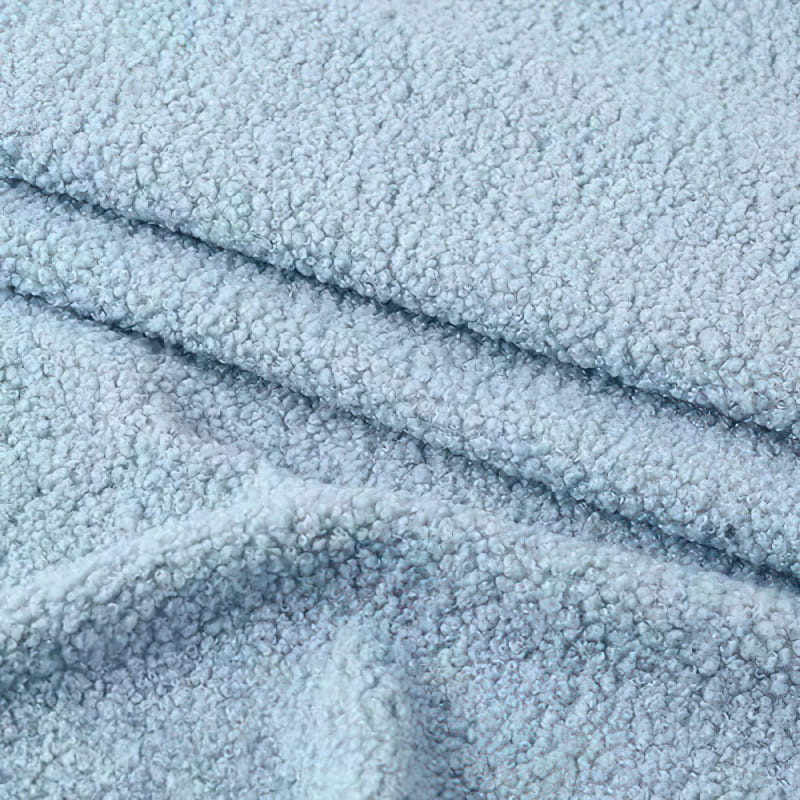
French for “curled,” bouclé has a nubby, looped texture that’s soft yet structured. Common in 60s and 70s skirt suits and jackets — cozy, textured, and unmistakably vintage.
Brocade
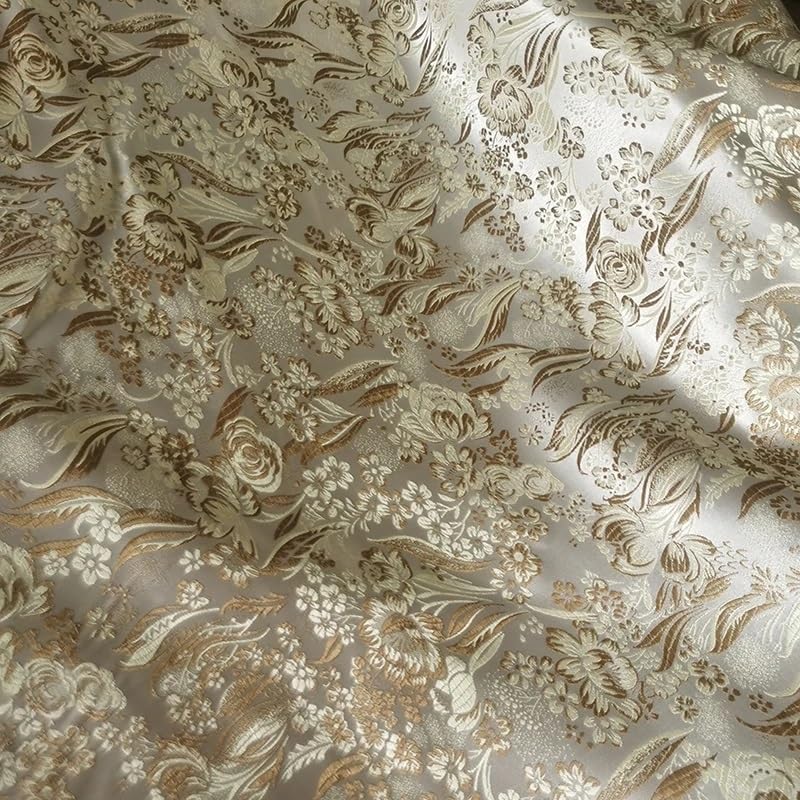
Brocade is the overachiever of fabrics — rich, patterned, and often metallic. Woven to look embroidered, it defined 50s and 60s cocktail dresses and statement coats.
Jacquard
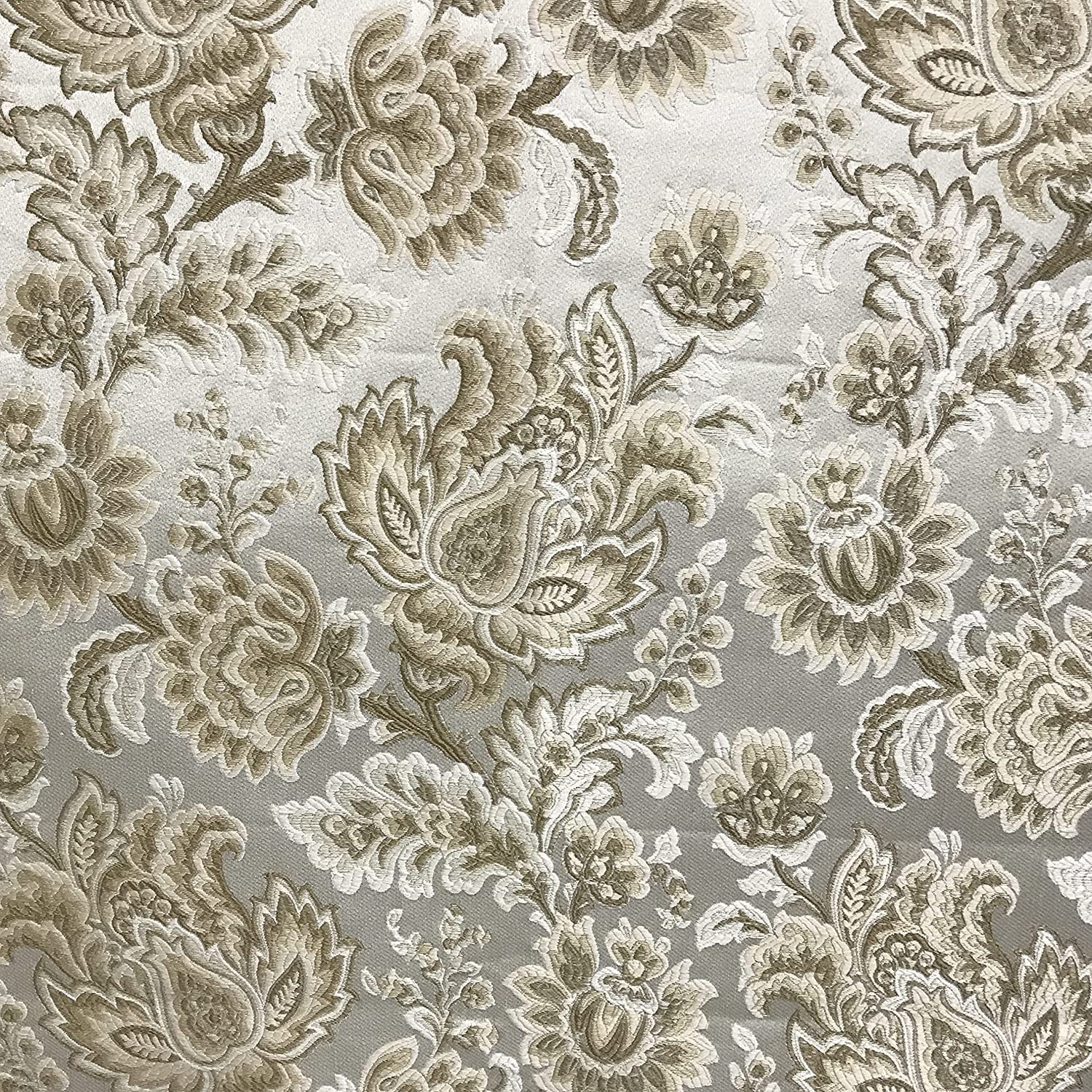
Not a pattern but a *technique* — jacquard fabrics are woven with designs built right in. Damask, brocade, and matelassé are all examples. The texture is in the DNA, not printed on top.
Tweed
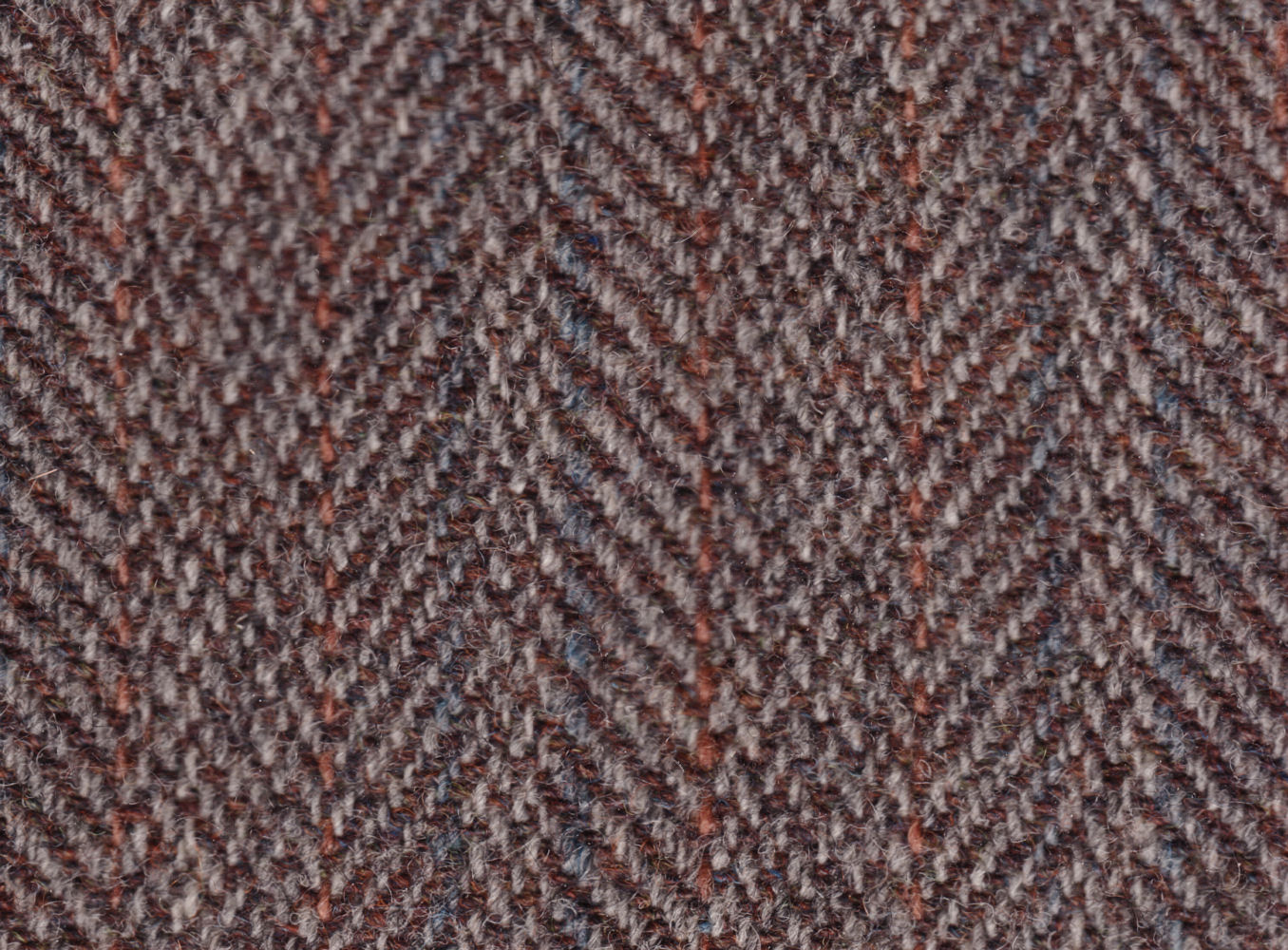
Rugged wool with flecks of color and a hearty texture. Tweed says heritage, countryside, and mid-century sophistication all at once.
Gabardine
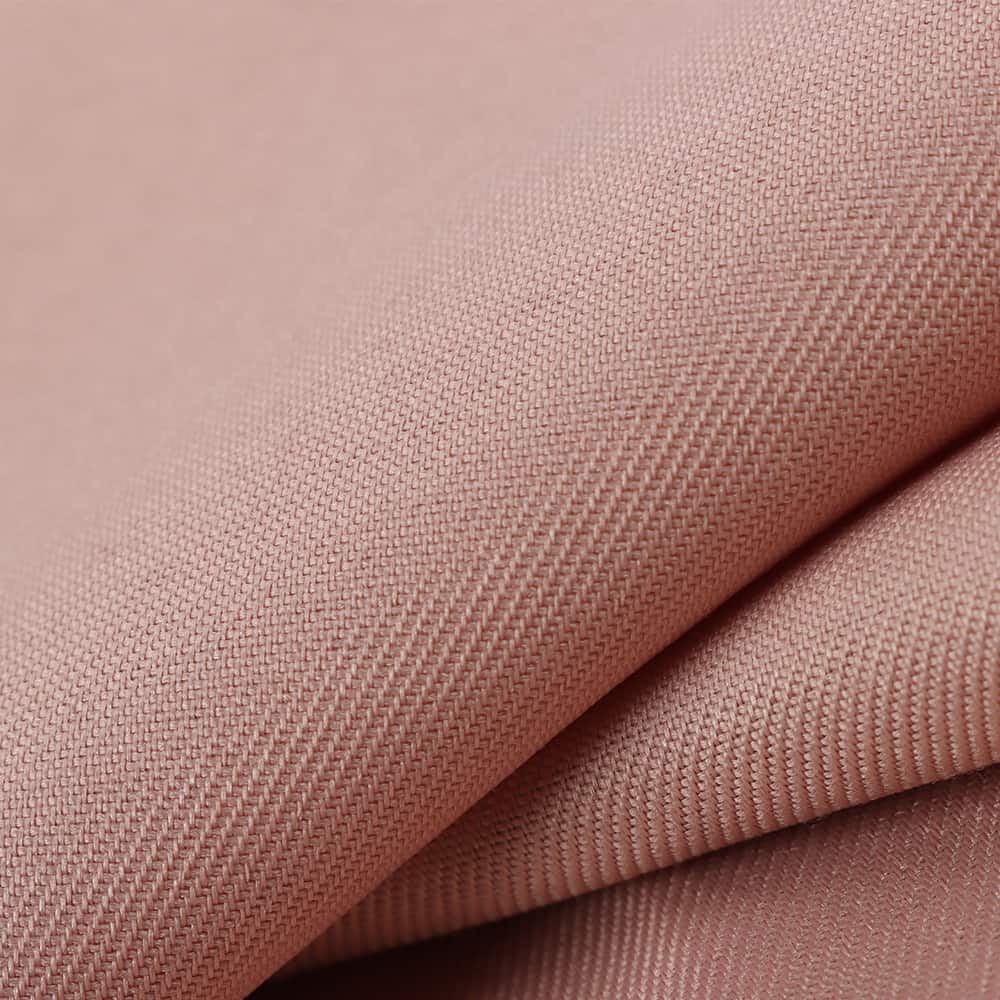
A tightly woven, smooth twill — durable yet elegant. Popular in 1940s trench coats and suiting, it’s the definition of form meeting function.
Mohair
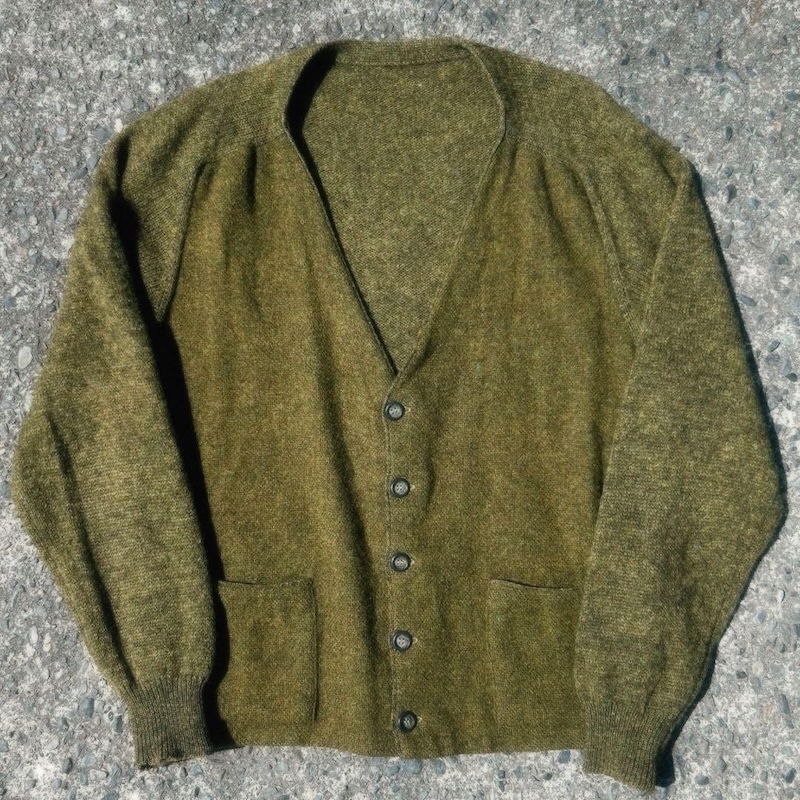
Soft, slightly glossy, and delightfully fuzzy. Made from the Angora goat, mohair was the fabric of choice for 60s cardigans and 70s shaggy coats.
Sateen
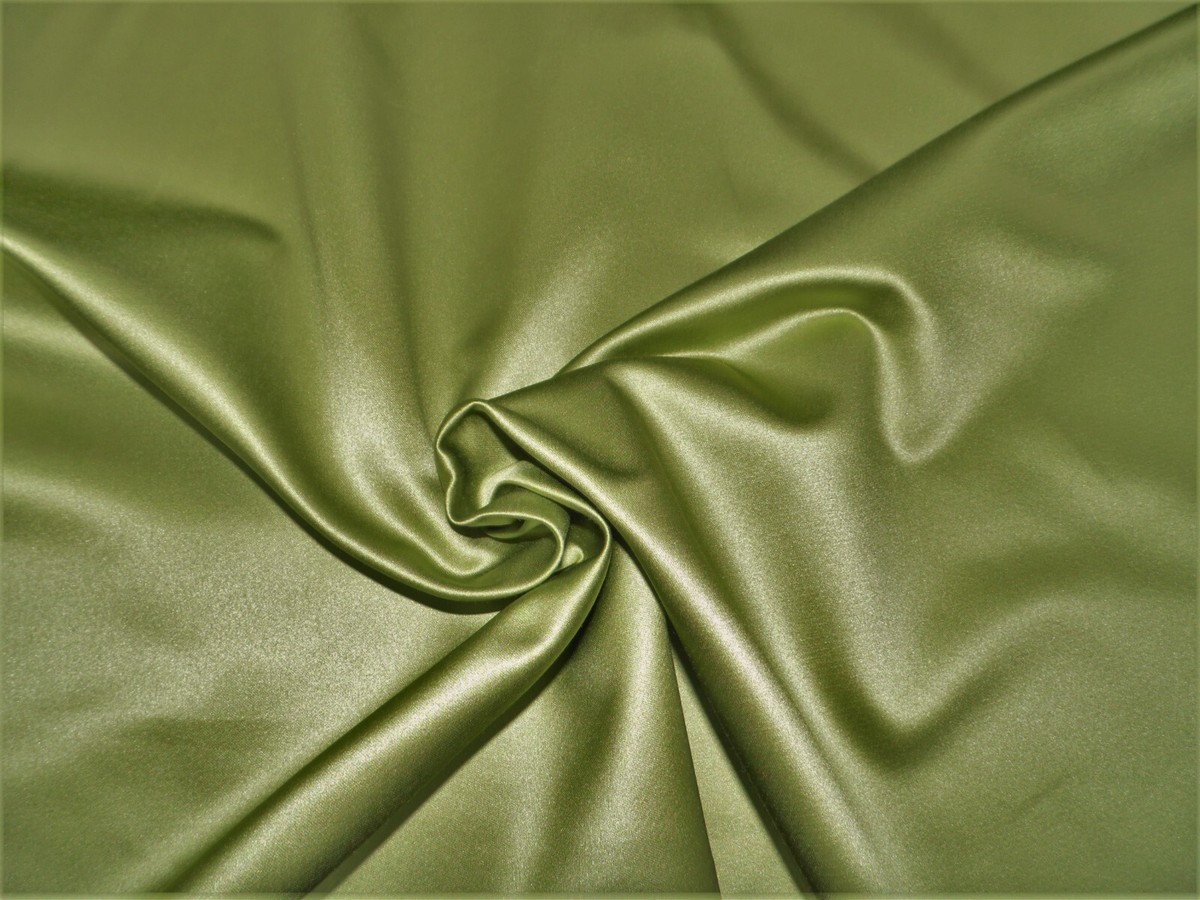
A cotton fabric woven to mimic the sheen of satin — smooth, soft, and subtly shiny. Common in mid-century dresses and blouses.
Lamé
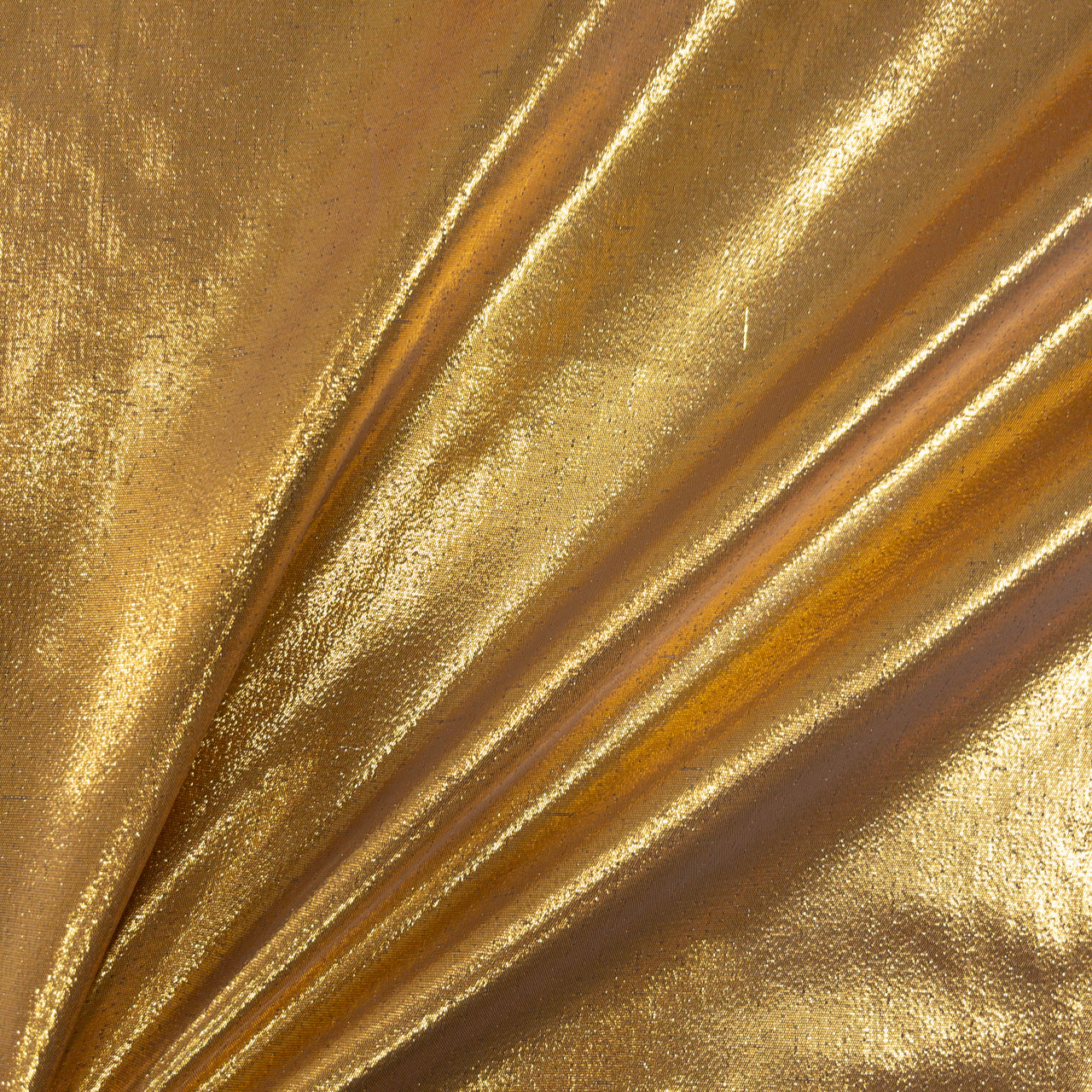
Metallic threads woven directly into the fabric — the life of every disco-era party. If it sparkles under the lights, it’s probably lamé.
Taffeta
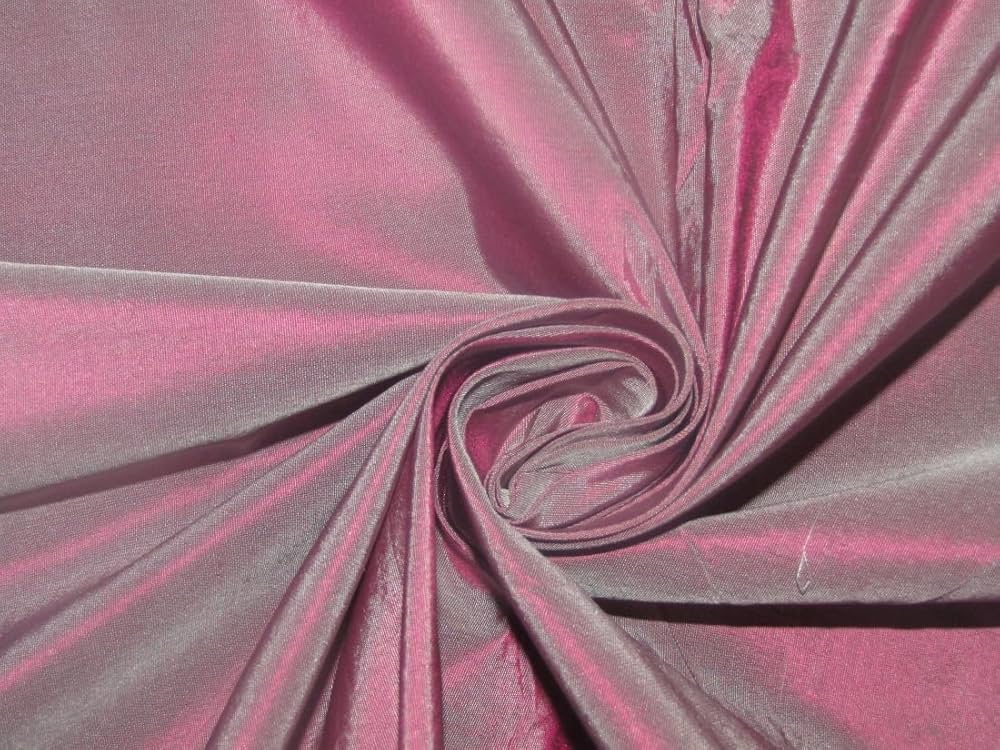
Crisp, smooth, and just a little loud (it actually rustles). The go-to for 50s formal gowns and dramatic 80s silhouettes.
Chiffon
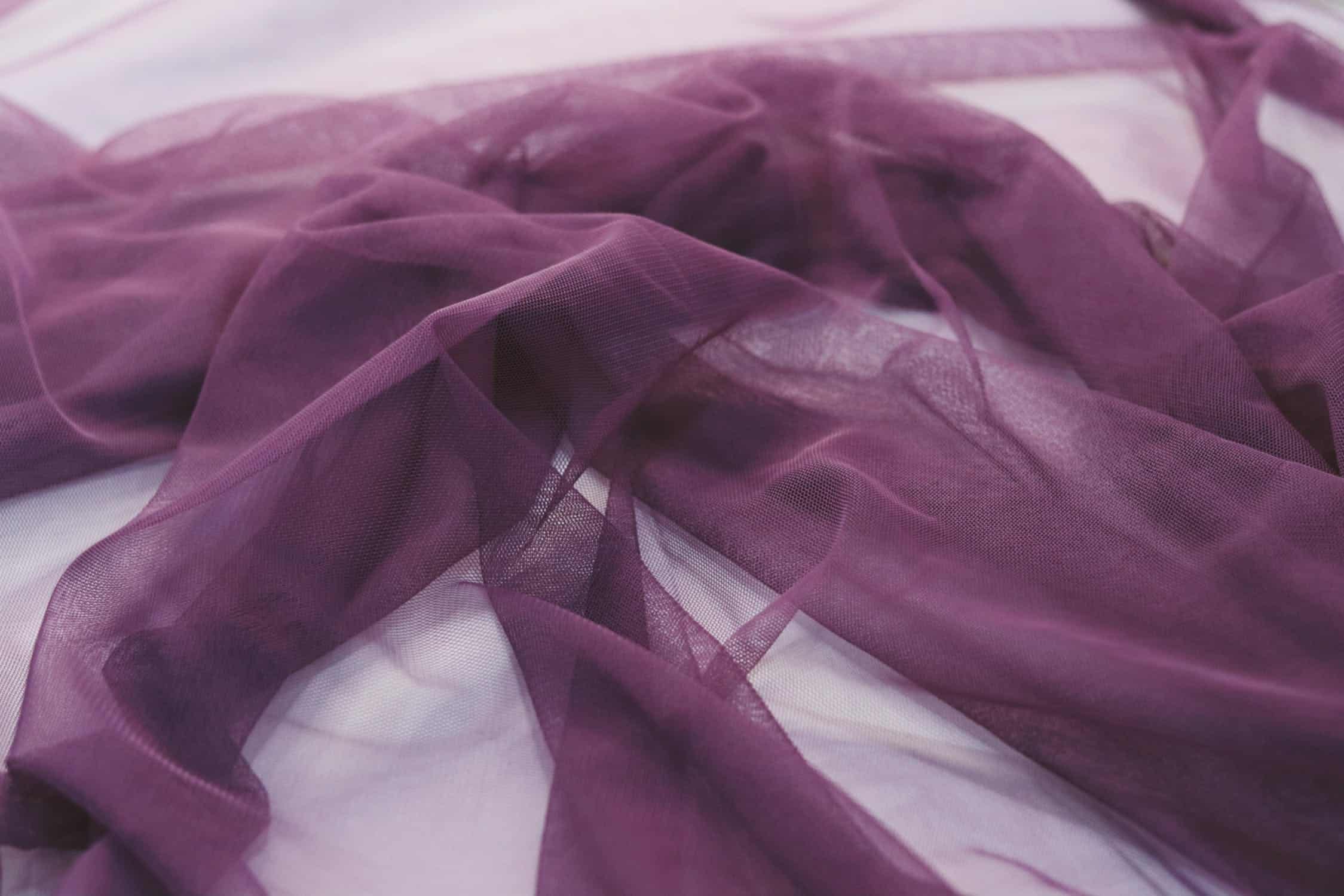
Light, sheer, and fluid. Chiffon drapes effortlessly and adds softness to any silhouette — a staple for eveningwear from the 30s to the 70s.
Velvet
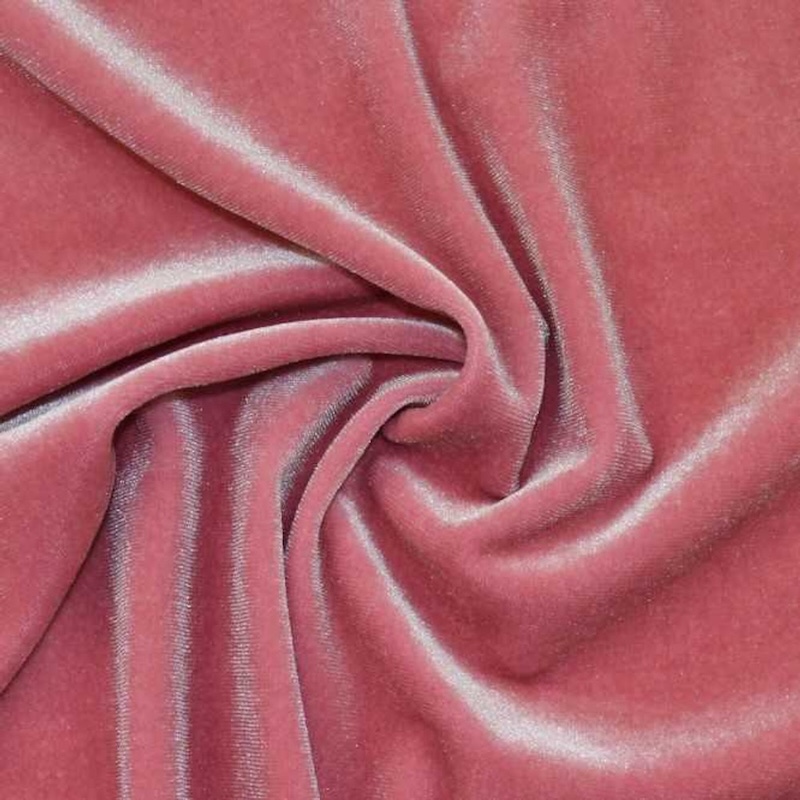
Dense, plush, and full of depth. Velvet was the luxury fabric of every decade — from 40s opera gowns to 90s blazers.
Velour
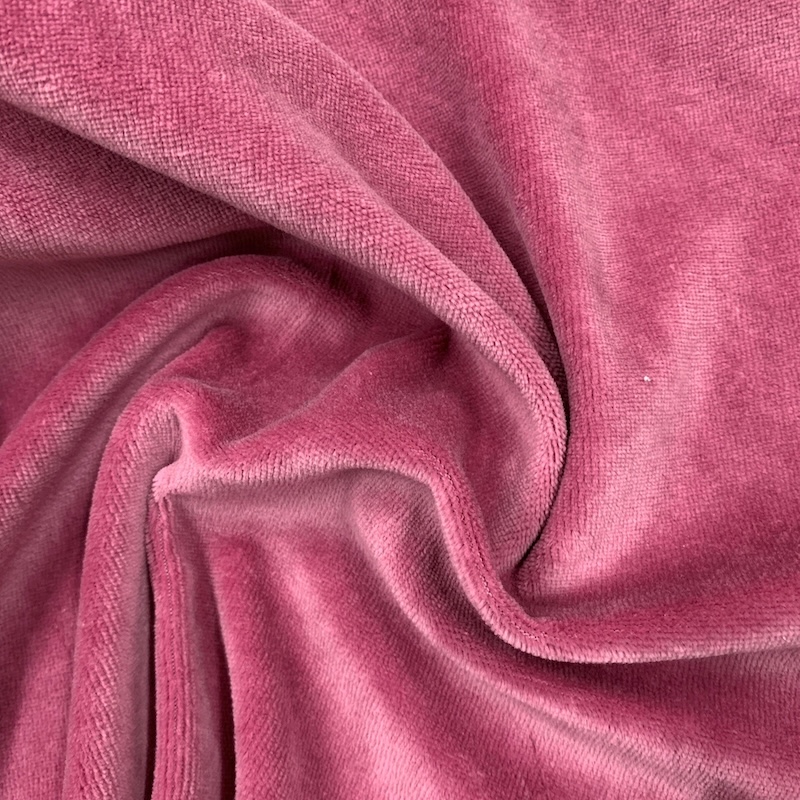
Velour is velvet’s laid-back cousin — knit, stretchy, and soft. Think 70s loungewear and 90s Juicy tracksuits. Cozy, casual, and a little glam.
Organza
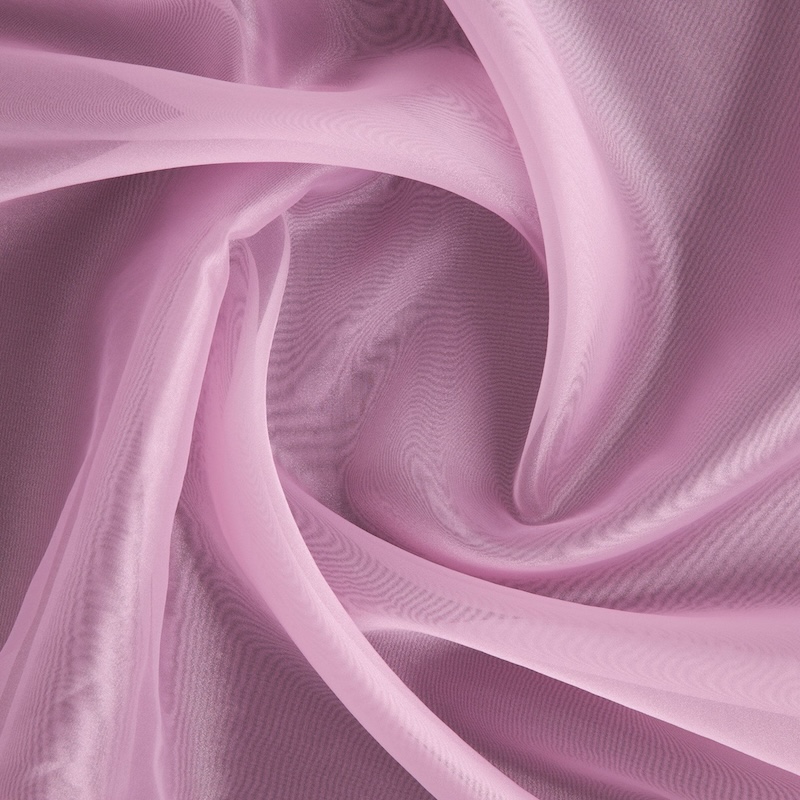
Stiff, sheer, and lightweight. Used for puff sleeves, overlays, and gowns that need a little structure with their sparkle.
Why It Matters
Knowing your fabrics helps you spot quality, date garments more accurately, and understand why vintage feels the way it does. Bring your mystery piece into Decaydence — we’ll help you decode it in person.